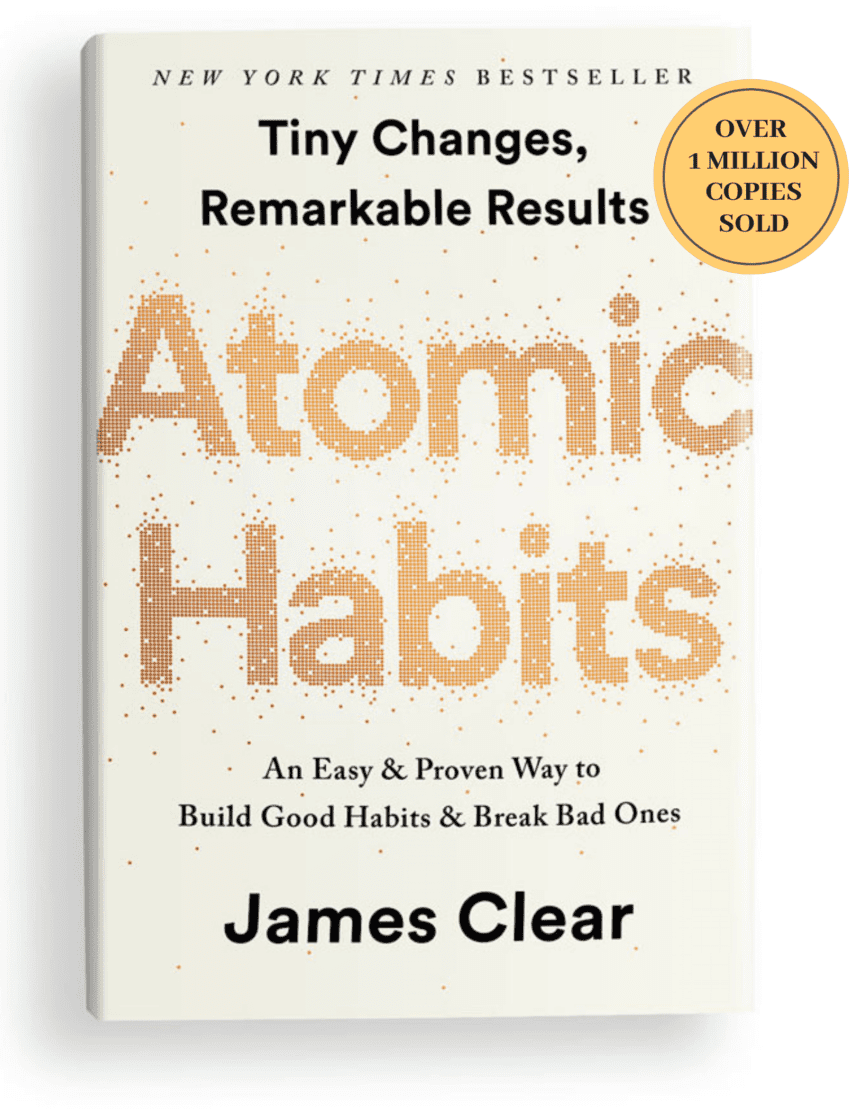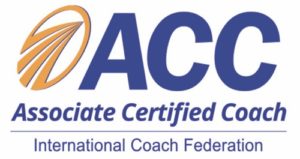One of my favorite James Clear quotes:
“If you can get 1% better each day for one year, you’ll end up 37 times better by the time you’re done.”
Change is hard. It is even more challenging if we are trying to make significant changes quickly.
But, much like instant weight loss gimmicks that work for a short period of time, using the same tactic with life-changing strategies may have the same limited success.
Enter Atomic Habits, the New York Times bestseller by James Clear.
Atomic Habits is full of great ideas and evidence-based strategies to make small changes to daily habits. It was an easy read with chapter summaries and real-life examples of how intentionally and thoughtfully changing habits will bring greater success.
Here’s a high-level book report; however, I encourage reading the entire book; it’s fabulous.
Goals: “You do not rise to the level of your goals; you fall to the level of your systems.”
Goals help set a direction, but systems are best for making progress. Small changes, reinforced consistently, will help us achieve our goals.
Create an identity-based goal: “With outcome-based habits, the focus is on what you want to achieve. With identity-based habits, the focus is on who you wish to become.”
Changing how you view yourself will make all the difference. For example, here’s a slight variation on how someone who’s trying to quit smoking may react when offered a cigarette:
“No, thanks. I’m trying to quit.”
or
“No thanks, I’m not a smoker.”
Which do you think provides a more tangible reinforcement of quitting smoking?
The science of habits: “The seed of every habit is a single, tiny decision. But as that decision is repeated, a habit sprouts and grows stronger. Roots entrench themselves, and branches grow.”
All habits proceed through four stages of a feedback loop:
- Cue (problem phase)
- Craving (problem phase)
- Response (solution phase)
- Reward (solution phase)
The most important thing you can do is recognize the cue that instigates the subsequent behavior. Your phone buzzes (Cue), which leads to satisfying curiosity (Craving), which leads to grabbing your phone (Response), culminating in satisfying the curiosity (Reward).
Connecting (stacking) habits: “Habit stacking increases the likelihood that you’ll stick with a habit by stacking your new behavior on top of an old one.”
It’s easier to implement new habits if they are related to existing ones. For example, if you regularly exercise and want to start meditating, connect the meditating practice to the exercise routine.
The two-minute rule: “When you start a new habit, it should take less than two minutes to do.”
The first action should take two minutes or less to start a new habit. For example, “Become a runner” may begin with “Put on running shoes.” Once you’ve put on the running shoes, you will likely head out for a short run. Making these small changes to daily habits are worth it.
Immediate vs. future rewards: “The human brain evolved to prioritize immediate rewards over delayed rewards.”
Our brains evolved to reward immediate actions (run from the tiger), but that philosophy does not serve us well in the modern world. Buying that fantastic handbag (immediate reward) does not work out well in the long run if we are saving to purchase a home (future reward). Give visual cues about how the future reward will serve you, possibly a picture of your dream home.
Less effort = greater success: “Exerting more effort doesn’t help if you’re on the wrong trajectory.”
First, ensure you are on the right path, then create an environment with as few roadblocks as possible. Is eating more veggies part of your better health path? Cut up the veggies in advance of when hunger strikes. If the veggies are cut and ready for consumption, we are likelier to reach for them when a hunger craving strikes. If the veggies need to be prepared, we may reach for the potato chips instead.
What habits do you want to start or stop? What might the first step be? If you are unclear about your next step, pick up a copy of Atomic Habits and become who you want to be. Small changes to daily habits will set you on the right path.
And, I will leave you with another favorite James Clear quote:
“The myth is that there isn’t enough time. There is plenty of time. There isn’t enough focus with the time you have. You win by directing your attention toward better things.”
Cindy Jobs, PCAC, PCC
Looking for more information?
Click here for ADHD-friendly Time Management Tools
Click here to schedule a complimentary breakthrough session.
For more helpful information, follow me on Facebook.







